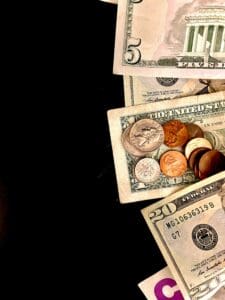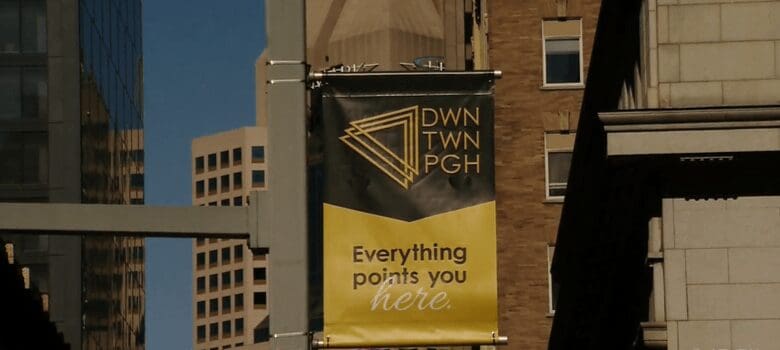Half of the participants will be Black women in an effort to address inequities uncovered a 2019 report.
By: Jon Delano
Pittsburgh City Council gave its initial approval to a program designed to pump cash into the hands of low-income residents, especially Black women. It’s an experimental project that Mayor Bill Peduto has been advocating for over a year.
Last summer, Peduto joined a group called Mayors for a Guaranteed Income, mayors who are using tax money from the American Rescue Plan in pilot projects designed to give low-income people a guaranteed monthly cash payment.
In Pittsburgh, it’s called ACE, or the Assured Cash Experiment.
Two hundred low-income individuals will get $500 a month for two years, including 100 African American women and another 100 individuals of any race and gender randomly selected from low-income zip codes (15204, 15208, 15210, 15214, and 15219).
Pittsburgh will use $2.5 million from the American Rescue Plan to fund this project.
“Guaranteed basic income has happened in other cities. Other cities have used their ARP funding to do this pilot,” Lindsay Powell, the Mayor’s deputy chief of staff, told City Council on Wednesday.
Pittsburgh joins a couple dozen cities experimenting with guaranteed cash assistance, and the early results are promising, says Michele Abbott, who will run the Pittsburgh program.
“They found that financial stability improved, full-time employment increased, unemployment decreased and mental health outcomes such as depression and anxiety and chronic stress were greatly improved as well,” said Abbott.
Council President Theresa Kail-Smith, who supports the pilot, said she’s heard criticism because the Pittsburgh program is both gender-based and race-based.
“I’m getting a lot of phone calls about it. A lot of people are angry. We are identifying primarily Black women who will benefit from it, and there are a lot of people that don’t fit that category in terms of race but do fit that category in terms of suffering and struggling throughout the pandemic,” said Kail-Smith.
Powell says this approach is in direct response to the Gender Equity Commission’s report.
“We know that our city when it comes to educational attainment, when it comes to health outcomes, when it comes to maternal outcomes, Black women are disproportionately affected,” said Powell.
That study found that Black women are five times more likely than white men to live in poverty and twice as likely as white women.
The program will be run by a city-created non-profit called OnePGH. Councilwoman Deb Gross, who voted against the program, said the non-profit was not transparent.
“You are not subject to Sunshine Laws. There’s no recourse for citizens to attend the board meetings. There’s no resource for citizens to contact you,” said Gross.
Eligible residents will be contacted by letter, says Abbott.
“Once we officially launch, we will also have a website which will answer any questions people have, direct you to the right places, show you what the recruitment letter looks like to make sure you can confirm it is not a hoax. And we will be providing community information sessions as well,” said Abbott.
Once Council gives final approval next week, Abbott hopes to have the program running by the end of the year.
Participants will get a debit card and can spend the money on anything they want.
This is a research project, so spending will be tracked in the aggregate, not individually, and researchers will work with the participants to see if quality of life improves over the two years.

















